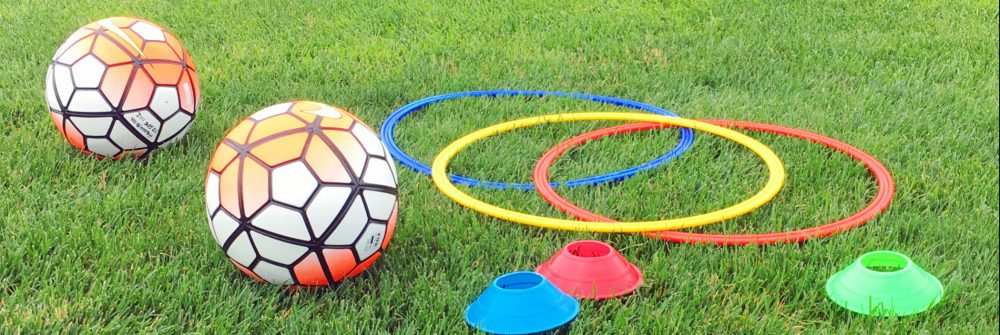Check out my episode “Episode 12 – Reaching Potential – Practical Actions you can take to assess and reach your potential.” from Coach Rich Rants on Anchor: https://anchor.fm/rfh8/episodes/Episode-12—Reaching-Potential—Practical-Actions-you-can-take-to-assess-and-reach-your-potential-e2itb0
Do You Believe in Your Own Potential?
While we all have dreams and aspirations, few of us are fully aware of our own potential. It can be hard to see the truly good and admirable traits in ourselves, just like it is our faults. However, believing in your own potential is a crucial part of developing your self-confidence.
In order to achieve all, you’re capable of, you have to believe in the potential you have. It can help you to try new things, challenge yourself, and take risks that could all lead to success. We’ve come up with a few ways you can determine if you believe in your potential.
Spend Time in Self-Reflection
The first way to determine if you believe in your own potential is to spend time in self-reflection. Ask yourself what you are capable of; what are your strengths and admirable qualities. This time spent determining your potential is valuable to who you are as a person and achieving your full potential. During this time, try to focus on the following:
- What is your potential?
- What do you want to achieve?
- Do you truly believe you can achieve it?
- What can you do with this potential?
Focusing on these things and answering these questions will help you to identify your potential and believe in it more strongly.
Write Down What You See As Your Full Potential
Now that you’ve had time to reflect on what your potential is, you can list the qualities and skills that entails. This will help you affirm what your potential is and your belief in it. Study this list and keep it with you, being sure to look at it whenever you feel yourself doubting your potential. This will help you keep your potential in the forefront of your mind and help you to truly believe in your potential.
Prove Your Potential to Yourself
For some to truly believe in something, they need to see it. This even extends to what they believe about themselves. A great way to truly believe in your potential is to prove to yourself you have it. Act on it; challenge yourself by pushing the limits of your potential.
This challenge can be career-, hobby-, or relationship-oriented, so long as it challenges you and forces you to showcase your full potential. Once you’ve achieved the goal you set for yourself and fully showcased your potential, you’ll not only have a well-earned sense of accomplishment and confidence, but you’ll also fully believe in your potential without doubts.
Surround Yourself with People that Believe in Your Potential
We all like to think we don’t let others affect us, but the reality is that the people around us, especially those close to you, do have an effect on us and our emotions. If those close to you doubt your potential, you’re likely to do the same. You don’t need that negative influence in your life. Instead, surround yourself with people that believe in your potential and encourage you to achieve all you can. Their positive influence will provide you with encouragement and help you to see and believe in your potential.
We all have a river of potential inside us, but few people truly recognize and believe in that potential. Believing in your own potential is an essential part of your confidence and success. If you believe you are capable of accomplishing something, you’re far more likely to actually accomplish it.
However, believing in your own potential may not come as easily for you as it does for others. It’s often something we have to work on and prove to ourselves before we believe it.
Like this:
Like Loading...




